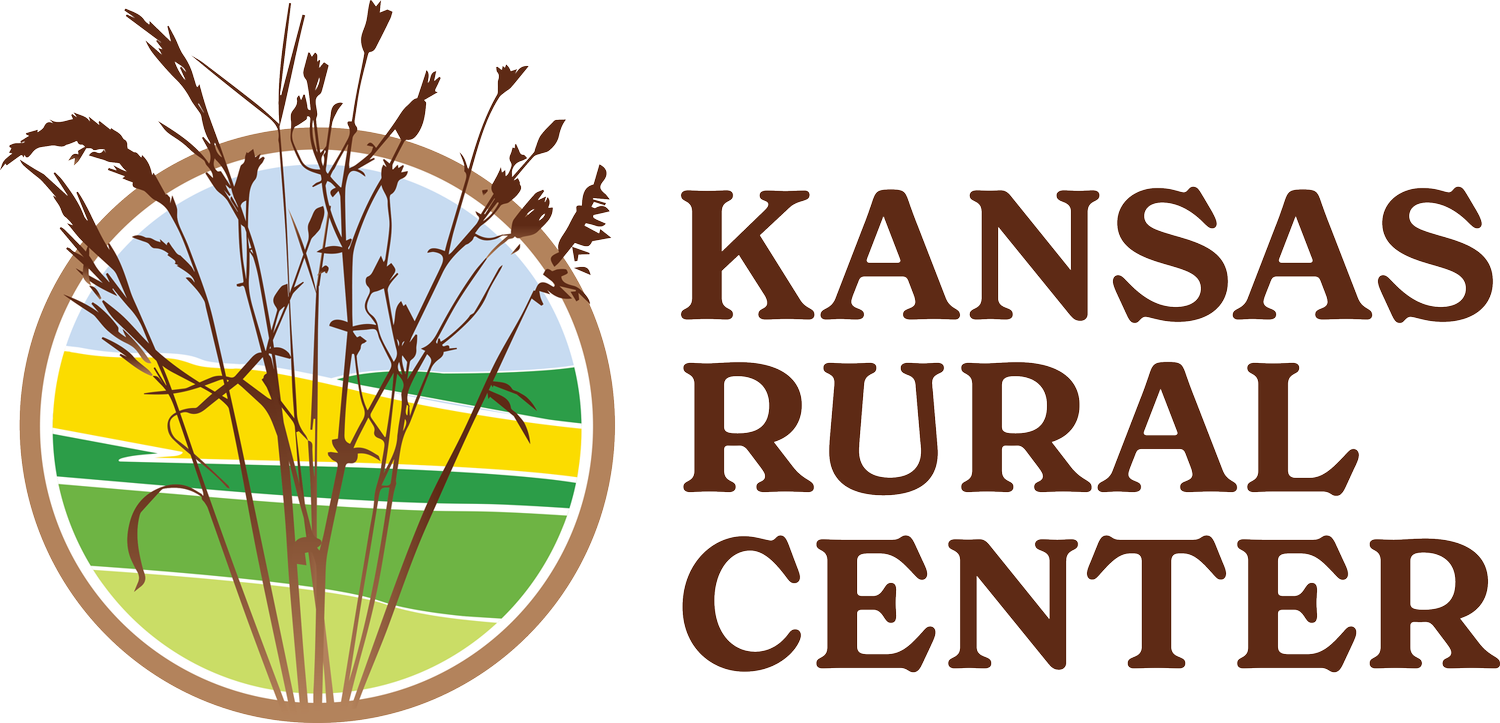Call to Action: Submit Written Comments by October 15th for Kansas Water Plan!
The State of Kansas is inviting public comments in the next two weeks on the State Water Plan , Kansas' premier guide for protecting Kansas' water resources. Water is so fundamental to our lives; please help us tell* our public officials how important it is that we do our best to preserve our clean water supply, including improving the way we farm, appropriate water rights, manage land, and more.
*THE DEADLINE TO SUBMIT WRITTEN COMMENTS IS MIDNIGHT OF OCTOBER 15TH. Send electronic copy via email to email kwo-info@kwo.ks.gov.
After reviewing the Kansas Water Plan KRC policy committee members have several recommendations for improvement:
1) [Urgency] The draft Kansas Water Plan does well spelling out our current Kansas water challenges. But we cannot approach these challenges with ‘business as usual’ strategies that have unclear or limited results, as we’ve previously done. We need bold and transformative action now to preserve our water resources for current and future generations.
2) [Wider Scope] Water is necessary for all life (human and otherwise); the draft Kansas Water Plan is overly narrow to human interests and we need more focus on how our water plan addresses ecosystems, habitat, and wildlife.
3) [Funding] We must increase our fiscal commitment to Kansas’ water resources. The State Water Plan’s work has suffered from inadequate funding. Therefore, urging lawmakers to stipulate locked-in, dedicated, and expanded funding is wholly vital and appropriate.
4) [Conservation] Improved and expanded conservation efforts – including amplifying federal conservation programs in Kansas – will broaden the positive impacts for addressing Kansas’ water challenges. Water conservation should also be considered a ‘beneficial use’ of water.
5) [Agriculture] Agriculture has the biggest impact on Kansas’ water future. We need to dramatically upgrade conventional farming practices to improve soil health, nutrient reduction, runoff, increase water retention, and lessen irrigation and chemical use. We also need to prioritize the State’s water use for meeting the production and consumption of healthy and local foods, which will benefit the water needs for Kansans.
6) [Climate] While this State Water Plan necessarily acknowledges extreme weather’s impact on Kansas’ water, it falls short of meaningfully urging the State to dramatically curb greenhouse gases to address human-caused Climate Change.
7) [Leadership] Kansans not only need awareness of Kansas’ water resources, but they need the tools and knowledge to act. It has come time for State and local leaders to step up to ensure accountability through responsible public policy and funding.


